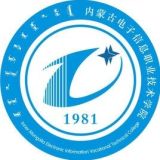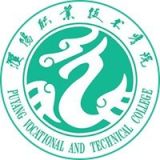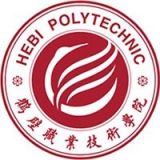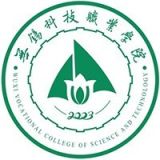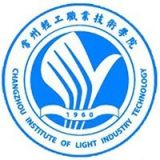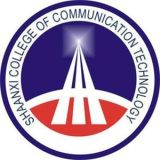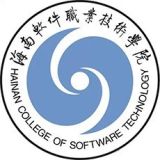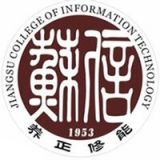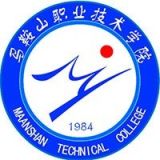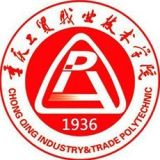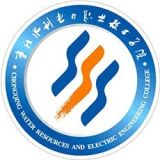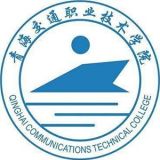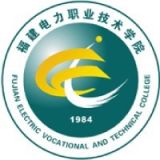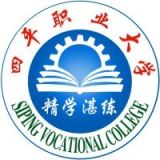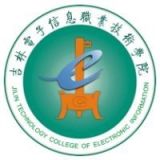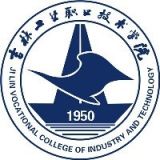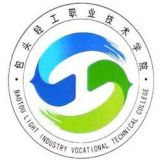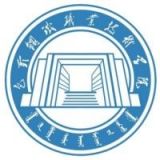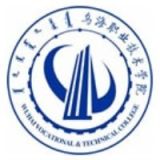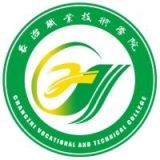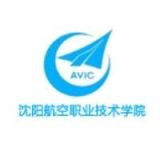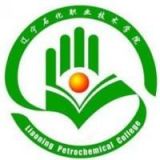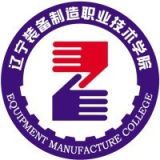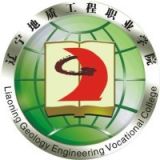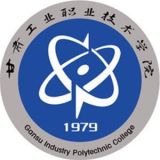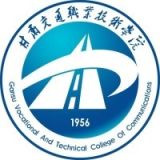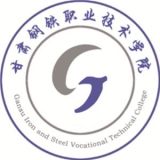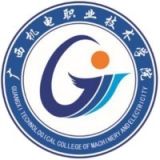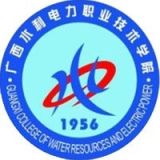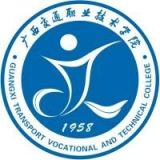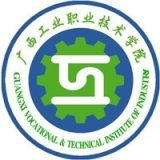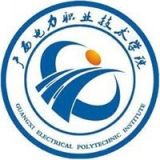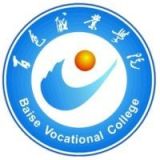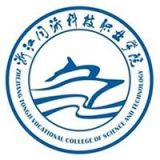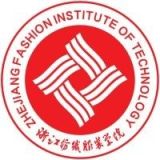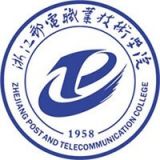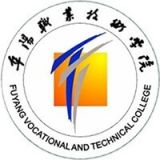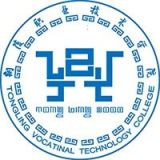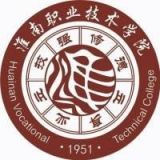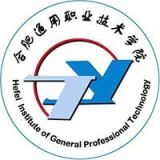高中的课程如何帮助学生培养职业技能?

Answer:
High school courses can help students develop a wide range of valuable skills that are essential for success in the workplace, including:
1. Critical thinking and problem-solving skills: By engaging in academic inquiry and analyzing complex information, students learn to think critically and develop creative solutions to problems.
2. Communication skills: Courses like English, math, and science emphasize effective written and oral communication, allowing students to express their ideas clearly and persuasively.
3. Collaboration and teamwork skills: High school projects and assignments often involve working in groups, fostering communication, cooperation, and conflict resolution abilities.
4. Time management and organization skills: Balancing academic responsibilities with extracurricular activities requires students to develop effective time management and organizational skills.
5. Research skills: High school research courses teach students to conduct thorough research, analyze data, and draw meaningful conclusions.
6. Digital literacy skills: The prevalence of technology in the workplace necessitates students to be proficient in using software, databases, and online tools.
7. Creativity and innovation: Some courses, such as art, music, and technology, encourage students to think outside the box and develop innovative solutions.
8. Leadership and initiative skills: By taking initiative and leading small groups, students develop leadership abilities and confidence.
9. Cultural awareness and global citizenship: High school programs that promote diversity and global perspectives broaden students' horizons and prepare them for a multicultural workforce.
10. Career exploration and readiness: By exposing students to different career fields through internships, career fairs, and guest speakers, they can gain insights and make informed career choices.
Overall, high school courses provide a valuable foundation for developing essential skills that employers seek, including critical thinking, communication, collaboration, time management, research, digital literacy, creativity, leadership, cultural awareness, and career readiness.




























































